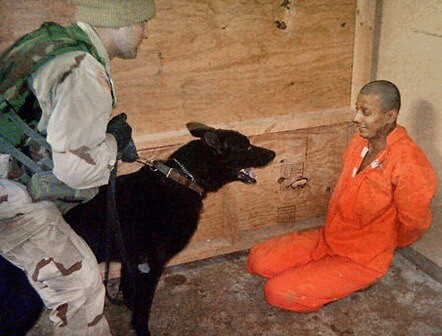The U.S. Army Field Manual is the law of the land for intelligence-gathering interrogations and it points to direct questioning as the most effective form. However, a laboratory study led by FIU psychologist Jacqueline R. Evans shows that an emotional approach to questioning is more effective in collecting information from both guilty and innocent participants.
This is the first study to take questioning approaches described in the U.S. Army Field Manual and examine their effectiveness in a controlled laboratory setting. The findings were published in the journal Applied Cognitive Psychology.
“Our results indicate that while techniques that play on positive emotions lead to similar gains in information as techniques that play on negative emotions, the experience of the person being questioned was significantly more positive when the interrogator sought to build them up and ease their fears,” Evans said. “This may be important in intelligence gathering contexts where a positive interrogator-source relationship is more likely to enable the interrogator to successfully interact with the same source many times.”
Prior to this study, little scientific research existed to address which of the questioning methods included in the Army Field Manual are effective at obtaining information during human intelligence interrogations.
Evans points out there are important differences between human intelligence interrogations and forensic interrogations, where the interrogator is trying to acquire a confession or evidence that can be presented at trial for a conviction. The goal of a human intelligence interrogation is to obtain information from a source that can be used to improve national security interests, where the need for reliable intelligence is key.
“Hopefully our findings will inform training for military interrogators and other interrogators in the intelligence community,” Evans said.
Evans conducts laboratory-based research on investigative interviewing including interviewing study participants in roles of cooperative witnesses, uncooperative suspects, and intelligence sources. Her research also addresses an interviewer’s ability to detect deception considering a variety of variables including language proficiency. Her study was funded by the High-Value Detainee Interrogation Group.
If our reporting has informed or inspired you, please consider making a donation. Every contribution, no matter the size, empowers us to continue delivering accurate, engaging, and trustworthy science and medical news. Independent journalism requires time, effort, and resources—your support ensures we can keep uncovering the stories that matter most to you.
Join us in making knowledge accessible and impactful. Thank you for standing with us!


…and George Washington cried.